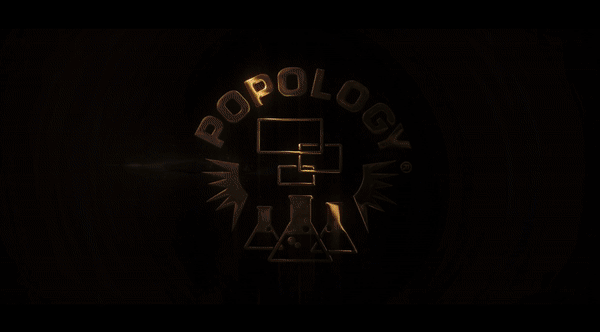- The Refresher

- Nov 24, 2025
- 1 min read
Updated: Nov 24, 2025
🔥 Step Into the World of The Refresher — Where Your Brand Levels Up Instantly 🔥
Welcome to Shawn “The Refresher” Jackson’s Official 10K Card, the digital powerhouse that puts your entire brand, business, and reputation in ONE unstoppable link. This isn’t just a digital card — it’s your doorway to elevation.
With one tap, your audience gets instant access to everything that makes you stand out:
✔️ Your services
✔️ Your social media
✔️ Your booking links
✔️ Your brand story
✔️ Your movement
No more searching. No more scrolling. Just pure, direct, professional connection.
This card is designed for entrepreneurs who are DONE playing small and ready to step into high-level visibility. Whether you’re promoting your boxing sessions, your content, your brand, or your business network — The Refresher card hits different.
People don’t just see your brand…
They FEEL your presence.
They see the professionalism.
They sense the confidence.
They recognize the elevation.
Shawn Jackson didn’t just create a card —
He created a wave.
A new standard.
A digital experience that says,
“I am the brand. I am the value. I am the next level.”
If you’re serious about growing, networking, and showing up like a boss —
👉 Tap the link. Join the movement. Upgrade your entire image in seconds.































%20NEW-03.png)







